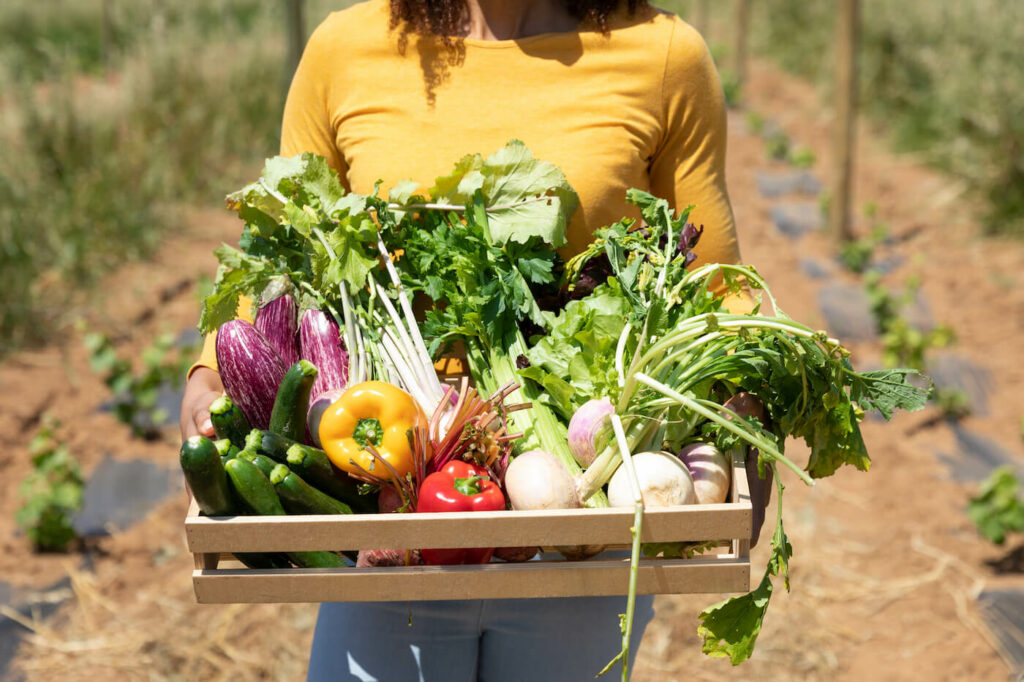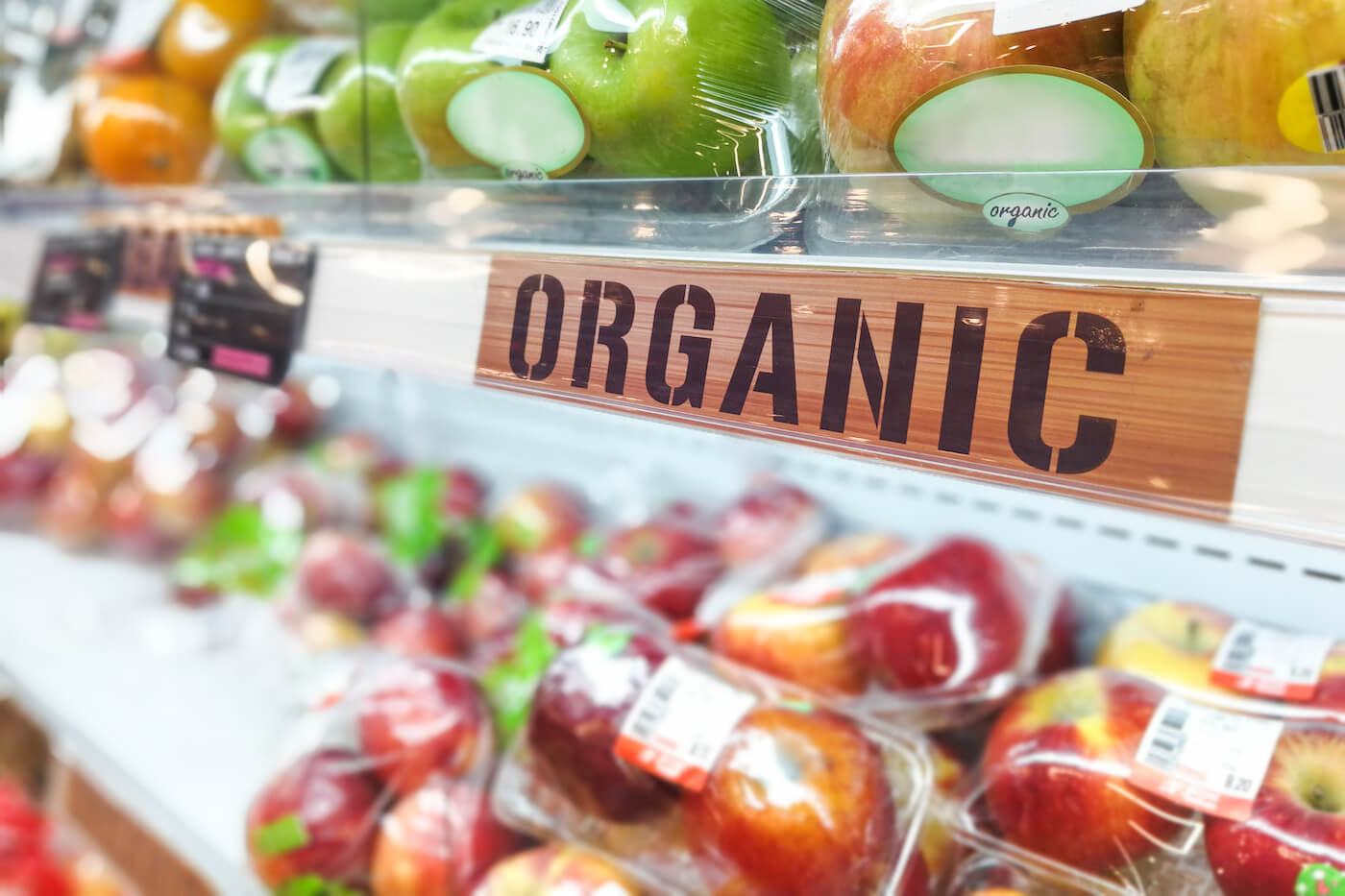Organic food is a big phenomenon. It became popular a decade ago and it’s still growing. Truth be told, some food that we consume is the same quality whether it is organic or inorganic. Therefore it is not necessarily better for you. And just like every trend big companies try to capitalize on it. Becoming more aware of true facts can save you a lot of money. Be aware that companies advertise only the benefits of the organic products. You can usually watch the ads with happy animals and a healthy environment. It can be true or it couldn’t.
In order to help you differentiate what’s what, I have conducted a short research for you.
Reasons for going organic ? PROS
- There are lower levels of pesticide residues in organic food, as only a small number of chemicals are allowed in organic food production. However, it should be noted here that it is possible to produce conventionally–grown fruit and vegetables with minimal residues.
- Indeed, residues are usually not detected in about 70 per cent of produce sampled by the Pesticides Residue Committee (and they tend to focus on problem crops).
- Organic food contains less amounts of chemicals and pesticides. However conventional food could also be grown with minimal pesticides indeed. Also many chemicals can not be detected simply because they disappear by the time they are put on the shelves.
- Organic food can not be genetically modified. If your big concern is animal welfare, then choose organic food.
- Another big thing is palm fats. If you’re older and have problems with heart health. Organic food hasn’t been processed by any hydrogenated fat.
- And lastly, organic farming is more friendly to animals, plants and the whole social and eco environment.
- You most likely support your local farmers. Local farmers are usually very transparent about their products.
Reasons to stay inorganic – CONS
- Organic food should be healthier, however the UK association has concluded that there is no big difference on the overall health of a human.
- Generally it is believed that organic food should not be manufactured with any chemicals. However there are only fewer chemicals that can be used when farming organic food.
- Price. Yes, organic food is more expensive than conventional.
- Organic food goes off the shelfs quicker than non organic food.
- Nutrition. Few studies have shown that organic food isn’t more nutritious than inorganic food.

Buying semi-organic food = have balanced diet
Many people that live healthy lives often transition between these two forms of groceries. It’s a wallet friendly option which can really boost your diet. As mentioned above, not all inorganic food is very different from organic.
If you consider starting to transition to organic food, consider the animal products first. These have the biggest differences in nutrition. Animal products are at the top of the animal pyramid. This means that chickens have a nutritious profile as their feed. So when they were fed non organic corn and other stuff, it made a huge difference. As opposed to their normal feed like organic seeds and grass.
The second on the list are fruits and vegetables. Especially those that have thin skin. Imagine potatoes being grown with pesticides. A large amount then entered the tomato. Compared to avocados, they have a thick skin. So look at the skin when considering what you buy. Also you might want to consider buying fair trade products if organic isn’t available.
Pros and cons of organic food: Conclusion
It is shown that sales of organic food are on the rise. This trend will likely continue due to various reasons. Anyways, having a nutritionally balanced diet is much more important than buying all organic products.
If you’re also balancing your wallet, consider making some changes that have a higher priority as mentioned above.



